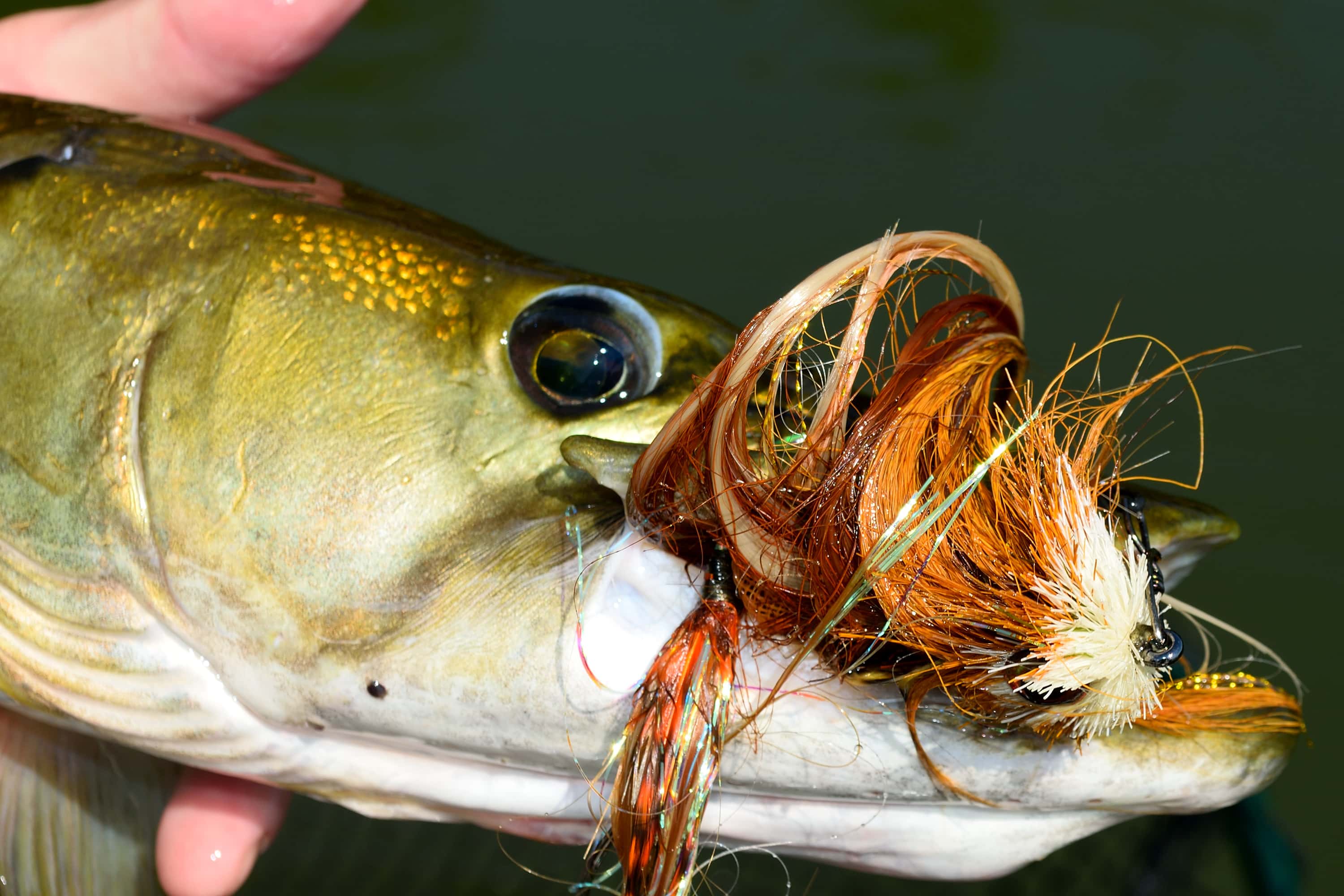“Just drive down that road, until you get blown up,” – General George Patton, about the role for reconnaissance troops
“Time spent in reconnaissance is seldom wasted,” – John Marsden
Viewed through the lens of modern warfighters, General Patton’s methods for reconnaissance were extremely crude and paid little regard for the lives of his soldiers. Although a bit simplistic, he makes a valuable point for anglers who often get comfortable in routine. I have to check myself daily from going to that reliable water I know will catch fish, especially in the dog days of summer when the fishing can be a struggle. We’ve written about this before in, “You May Surprise Yourself,” but the intent of this piece is not to revisit the values of breaking routine and how doing so can improve your angling skills. A recent reconnaissance mission put us in touch with something we believe worthwhile to explore. “Just driving down that road” taps into something primordial that we anglers cannot experience from working our reliable haunts – the excitement of fumbling into the unknown.
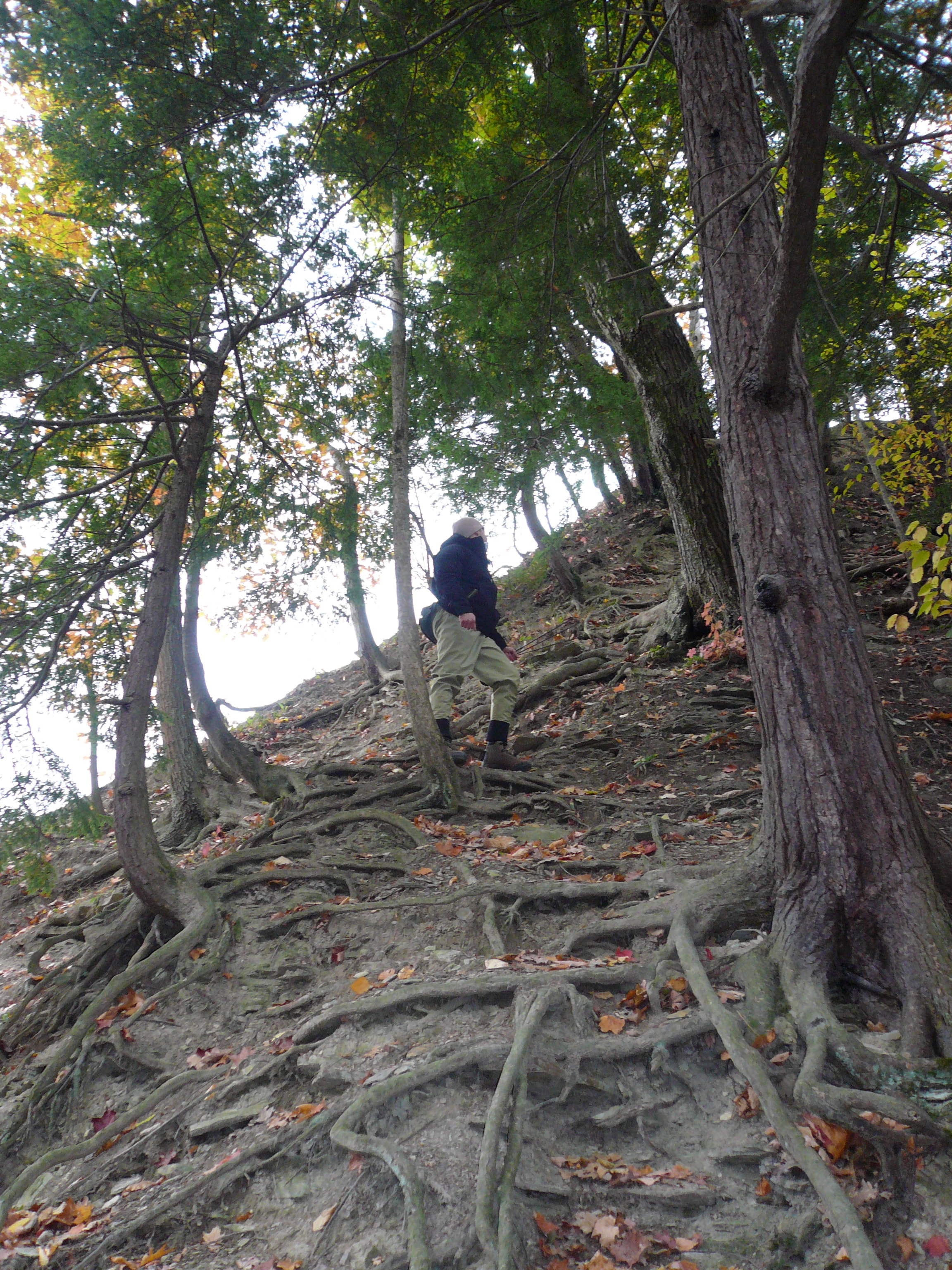
On the Verge of a Serious Fumble
Although this started philosophical, that’s not the direction this essay will follow. We want to give our fellow anglers a methodology for “fumbling into the unknown.” Before starting down that road, we’ll drop one last plug as a quick aside to set the stage this “how to” piece. Over the past 2 months or so, while weather has been stagnant, stale, rainless, windy, HOT, etc. (all other people’s words), we’ve heard plenty of complaints about how poor the fishing has been. That’s understandable coming from people with jobs that limit their ability to fish frequently or whenever they want. The consensus also seems to be that fishing is only great when the fish are easy to find and catch. This is also understandable but I think if you hold this position, you’re missing the intangibles of the experience of fishing altogether – but that’s for another essay.
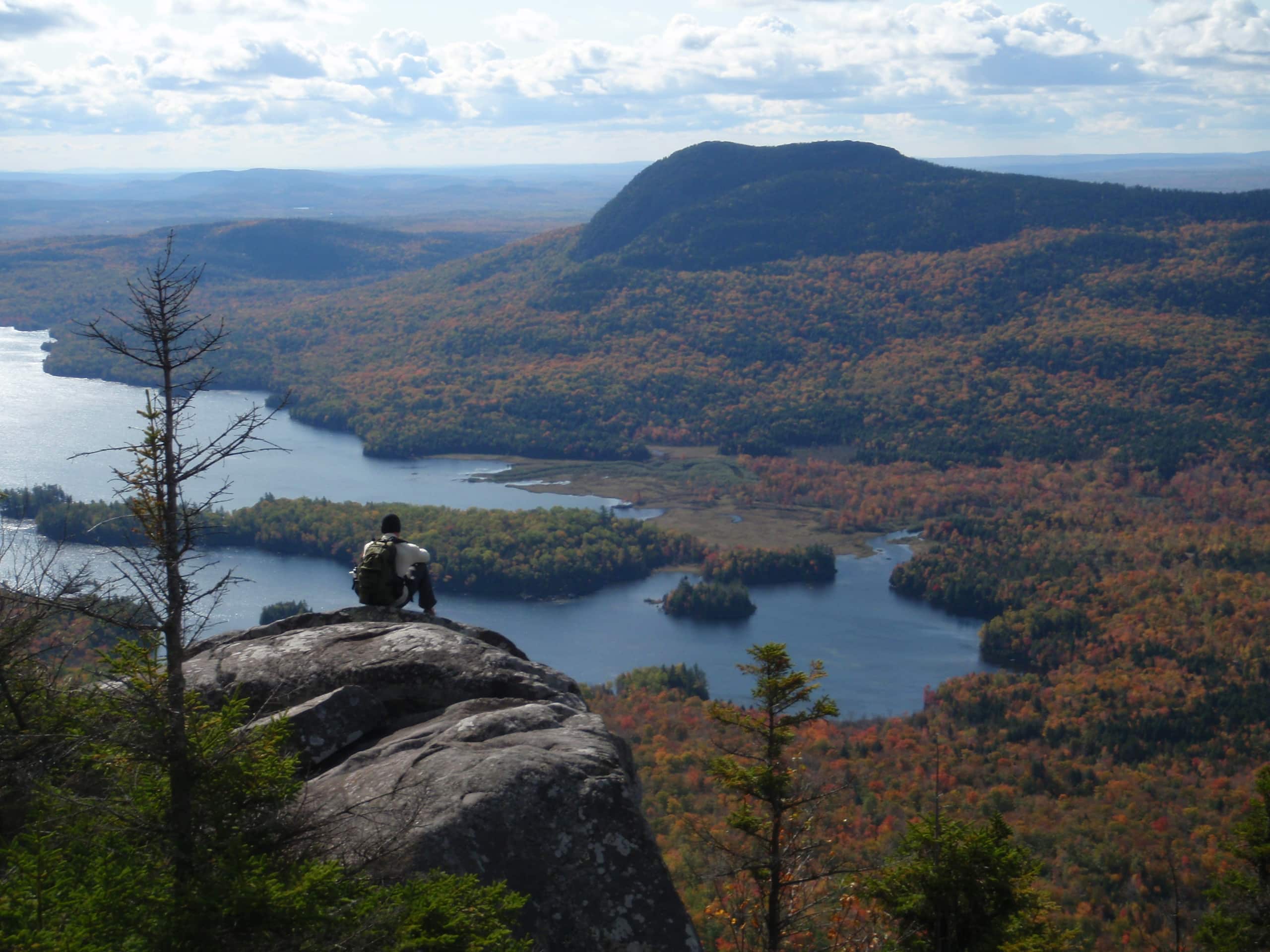
Just Getting Out There is Almost as Good as Catching Fish
My question to all these people that seem to be in a “dog days of summer” funk is – what have you been doing with your free time? When was the last time you set out on a reconnaissance mission? Across the country, summers often carry a stigma for being tough. As this trying period starts coming to a close, anglers start getting excited for the more reliable fall fishing season. In western NY, that means steelhead, salmon, and lake-run brown trout migrations up the great lake tribs as well as the warm water gorge of smallmouth bass and muskies in preparation for winter. If you are just waiting for this and relying on what you did last year – guess what – so is everyone else! That means that the same crowds/dense concentrations of anglers you experienced last year will be in play this year. How can you avoid this problem (around here it is definitely a problem – fistfights break out on some stretches of water)? If you don’t know how to begin, here are a few simple rules to get you started:
1. Find the bread crumb trail. Though, our favorite water to recon is the scarcely or totally unknown, forgotten, or otherwise underutilized fisheries – many bodies of water that you want to explore may be brand new to you but old hat for someone else. Take advantage and find the little nuggets lying around on the internet (while understanding that all of it may not be reliable). Use your favorite search engine with general terms of what your looking for and start following the trail. Use the collective knowledge that is already out there to build upon and take it to the next level.
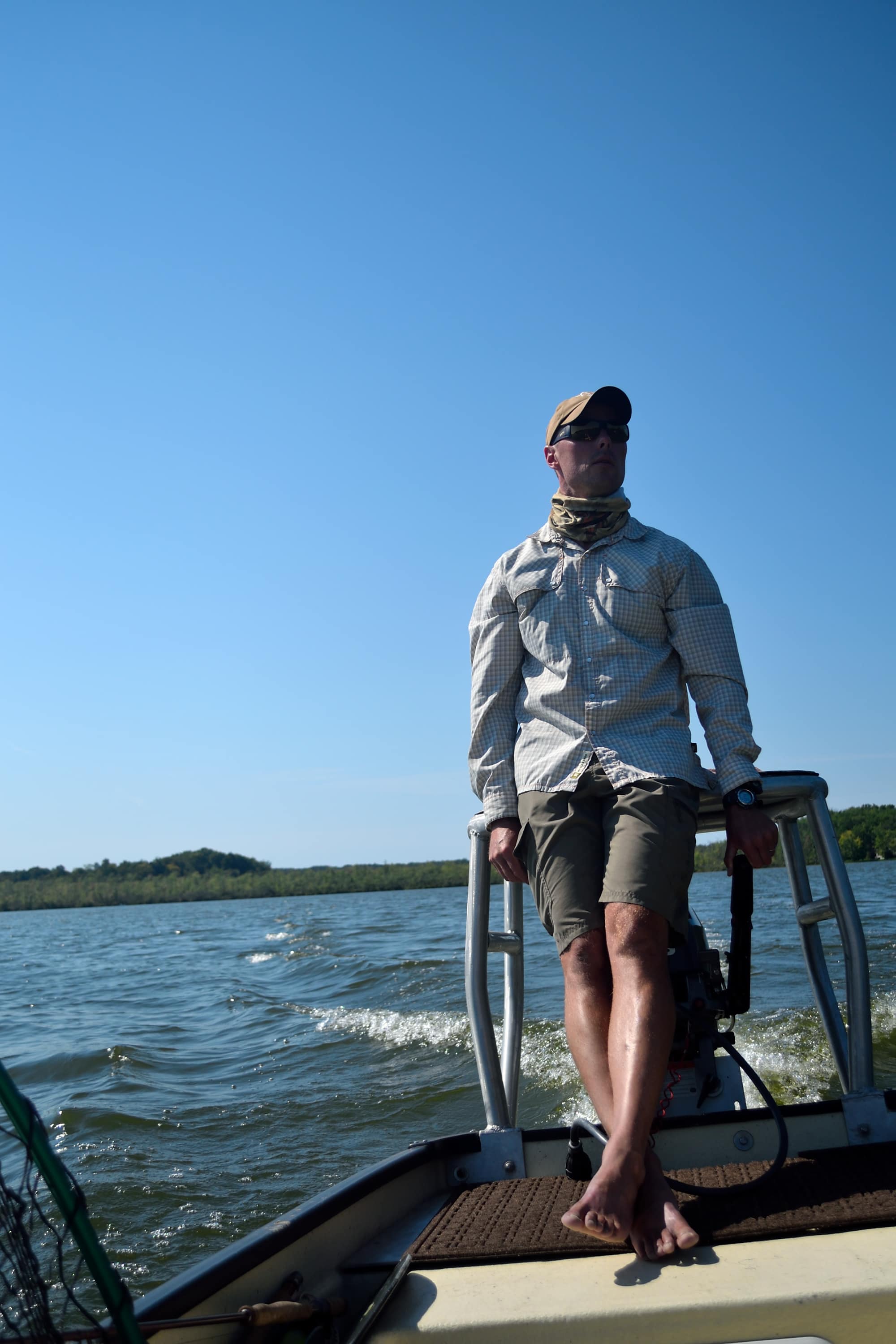
We Read About this Little Lake Somewhere – Time to Check it Out
2. Wait for it; this is going to be earth shattering, BUY A MAP! Whether you are just getting into fishing or have been an avid angler for years, if your vehicle does not have some sort of detailed map/atlas/gazetteer, buy one ASAP and study it. There is some potential in every blue line and dot. We use Delorme Atlas and Gazetteers for every state we fish. Canada has a similar product for all their provinces. You’d be amazed at how many blue lines and dots as well as state/national lands are within reach. It can be daunting and generate some anxiety.
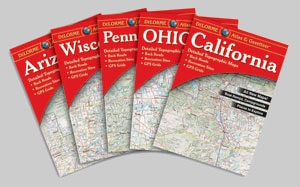
An Essential Tool for Reconnaissance Missions
3. Formulate a plan. As a former United States Marine, this was my specialty. For anglers that have “normal” jobs and only have time to fish/conduct reconnaissance on the weekends or holidays, TIME is your most precious resource. Developing a plan will ensure the most effective use of your time. Once you have a map, plan your route carefully, looking for the best roads to take you to potential access points. There are a couple sub-rules here as well:
- In the Marine Corps (and I’m sure this is in the corporate world’s lexicon as well) we have a saying, “eat the elephant one bite at a time.” That Atlas we mentioned in rule 1 contains a lot of information. As you start out reconnoitering an area, cut it up into manageable pieces and explore one piece at a time. Before long, you will thoroughly cover a large portion of your area.
- Bring a supply of food and water with you to avoid making stops – besides, if you are venturing off the grid, there may be nowhere to eat. Lack of food and water will cause an early culmination on your mission or may serve to suck the confidence out of you.
3. Get familiar with Google Earth. This program is an invaluable tool for doing preliminary, off-water reconnaissance. The software allows you to explore satellite imagery of any given body of water. Though it may not be as useful for small mountain blue line streams, it is a key tool to have in your bag for larger bodies of water like lakes, ponds and rivers. Take advantage of the historical imagery to see what a given piece of water looks like in the low flows of summer or high flows of springtime run-off. For lakes and larger rivers, you can even identify structure like weed beds, flats, deep water and rocks to help formulate your on-the-water plan of attack. If floating rivers is your game, you can map out a float and even measure the number of river miles to ensure you don’t find yourself looking for the pull-out long after dark while wondering if you somehow missed it.
4. Do not bring fishing equipment with you. We put this rule out there with some reservation but remember the point of the mission: to gain information that you can use for a future outing. Your purpose is not to fish. I know, that sounds crazy, especially if you end up recon’ing some new water and see fish just begging to be caught. If you follow this rule and come upon a new area teeming with fish, you’ll likely curse this bit of advice. That’s understandable but remember the intangibles of fishing – embrace the excitement of discovering something new and develop a plan to go back. Some may think not bringing gear is crazy so here is a compromise: if you must bring a rod with you, don’t get caught up growing roots in one spot or spending too much time on one fish. Keep moving and cover ground, recon is about seeing a large enough slice of water that will allow you can form some broader conclusions and decide whether further, in-depth exploration is warranted.
5. Consider the environmental conditions. This rule is perhaps most important during summer recon missions. When you look at the water, consider what’s been happening with the weather lately. Is it low or boney? Maybe that’s because it hasn’t rained in weeks and that should trigger you to look for areas with deep pools where fish will likely hold until the water levels rise. Is the water raging and looking like chocolate milk? Well, that’s probably because it rained recently…or is it? In that situation, you at least know that the body of water is part of a viable drainage. If you visit a pond or lake, is the shoreline encroached with weeds? That’s probably because water temps are up and long periods of light are allowing the aquatic plants to grow. Try to picture this body of water in the late fall or spring.

A boney creek in Gila National Forest Found on the Hunt for Gila Trout
Getting out there is the best part of fishing – at least it is for us. If you fish often enough, you know there are days you just can’t buy a bite. It was either Gierach or Voelker (maybe both – I can’t find that particular piece off hand – we have all their books so if you send us that book title and chapter, we’ll send you a Brookdog Fishing Company t-shirt) that dedicated a chapter to knowing that the fishing would be slow within an hour of being on the water. Facing the strong possibility of a catch-less day, the writer and his fishing buddy decide to remain on the water, knowing the insanity of the plan but doing it anyway. Recon’ing is another way of getting out there. In the best of circumstances, you’ll find water you can call your own for a little bit that will be a steady producer. In the worst of circumstances, you’ll find an area devoid of life but will have a better knowledge of the area. What do you have to lose…really?
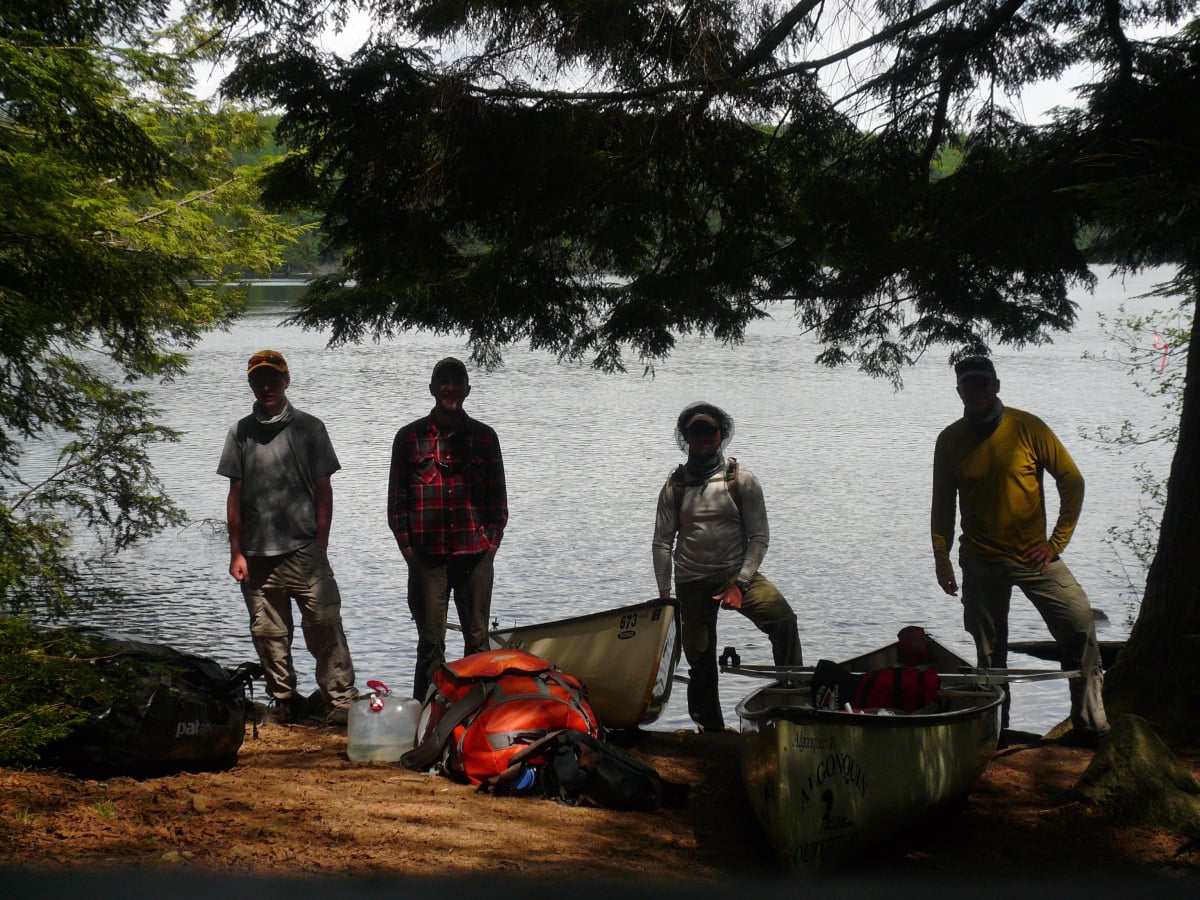
Sometimes Reconnaissance Missions Can Be Rugged – Algonquin, “makes men of boys.”

